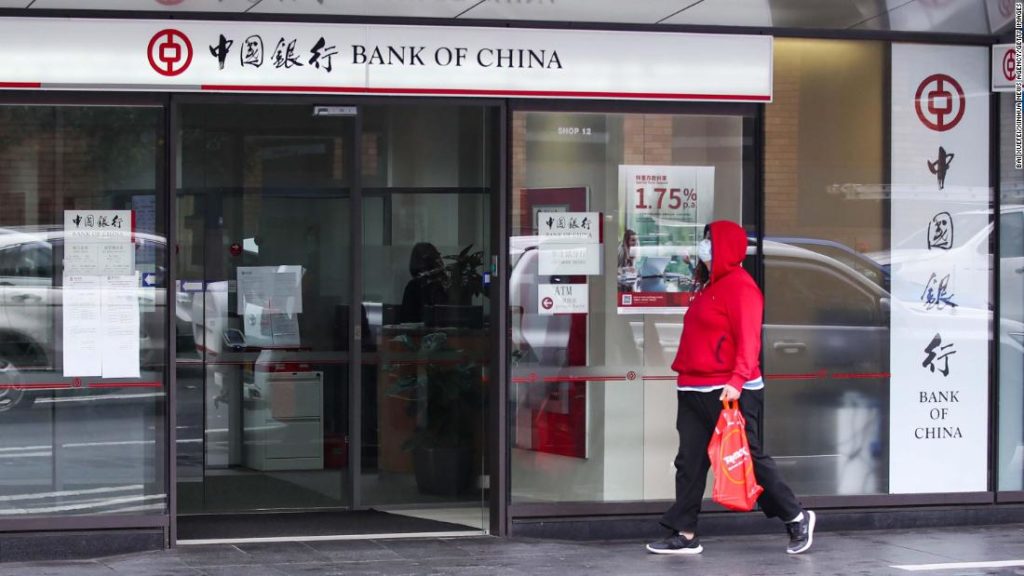Chinese investment in Australia plunged to just over 1 billion Australian dollars ($775 million) in 2020, down 62% from the previous year, according to a report released Monday by the Australian National University’s Chinese Investment in Australia Database.
That’s also down nearly 94% from a peak of 16.5 billion Australian dollars ($12.8 billion) in 2016, according to the study.
Australia has been toughening its rules on foreign investment in recent years. That likely has contributed to the steep dropoff since 2016, when the country strengthened its ability to veto foreign ownership of major infrastructure development.
And Monday’s report acknowledged that the coronavirus pandemic likely played a role in last year’s fall as much of the world locked down or rolled out severe restrictions in attempts to contain the virus.
But it also noted that the fall in Chinese investment into Australia was particularly steep.
Political relations between Beijing and Canberra rapidly deteriorated last April after Prime Minister Scott Morrison called for an international investigation into the origins of Covid-19.
Beijing slammed its trading partner in response, with Chinese Ambassador to Australia Chen Jingye openly musing about the possibility of economic fallout.
“Maybe the ordinary [Chinese] people will say ‘Why should we drink Australian wine? Eat Australian beef?'” he told the Australian Financial Review at the time.
Some Australian exports — including timber, beef, some types of coal and eventually, wine — began to encounter difficulties entering China.
At the time, Treasurer Josh Frydenberg Frydenberg said that he had told Mengniu Dairy “that the proposed acquisition would be contrary to the national interest.”
You may also like
-
Afghanistan: Civilian casualties hit record high amid US withdrawal, UN says
-
How Taiwan is trying to defend against a cyber ‘World War III’
-
Pandemic travel news this week: Quarantine escapes and airplane disguises
-
Why would anyone trust Brexit Britain again?
-
Black fungus: A second crisis is killing survivors of India’s worst Covid wave

